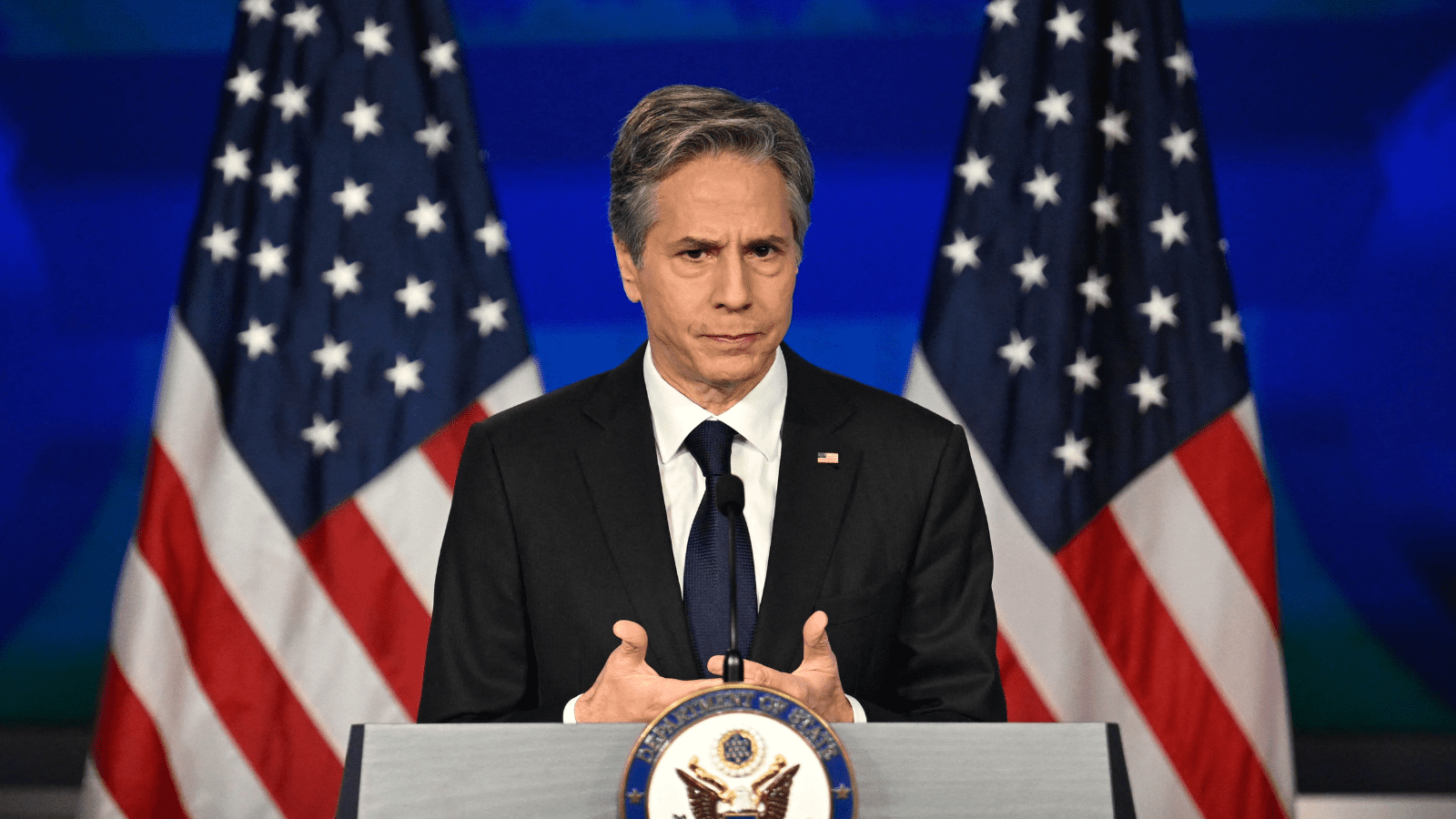Assange, 52, entered his plea in U.S. District Court in Saipan, the capital of the Northern Mariana Islands, bringing the years-long international intrigue criminal case to a surprise conclusion in a highly unusual setting.
WikiLeaks founder Julian Assange flew back to his native Australia on a chartered jet on Wednesday. It ended a drawn-out legal matter hours after he pleaded guilty to obtaining and releasing US military secrets in a deal with Justice Department prosecutors.
Assange, 52, entered his plea in U.S. District Court in Saipan, the capital of the Northern Mariana Islands, bringing the years-long international intrigue criminal case to a surprise conclusion in a highly unusual setting. The US welfare system in the Pacific is relatively close to Assange’s home country of Australia and has accommodated his desire to avoid entering the continental US.
Assange flew from the London jail to Saipan on a chartered jet and flew to the Australian capital, Canberra, on the same day.
He was accompanied on the flights by Kevin Rudd, Australia’s ambassador to the US, and Stephen Smith, the UK’s high commissioner. Both were instrumental in negotiating his independence with London and Washington.
Assange’s team paid for the flights, said Deputy Prime Minister Richard Marles, whose government played a role in facilitating the transport.
Australia WikiLeaks founder Julian Assange embraces his wife Stella Assange as they arrive in Canberra, Australia on June 26, 2024. (Reuters)
Prime Minister Anthony Albanese told parliament it was the result of careful, patient and determined work by his government after Assange spent five years in a British prison fighting extradition to the United States.
“In our two years in office, my government has engaged and advocated at the leadership level to address this. We have used all appropriate means,” Albanese said.
Assange’s lawyer Jennifer Robinson, speaking outside the Saipan court, thanked Albanese for his government, principled leadership and his diplomacy, for making the decision possible. It is unclear where Assange will go from Canberra and what his future plans are. His South African lawyer wife and mother of his two children, Stella Assange, has been waiting in Australia for days for her husband’s release.
Another lawyer for Julian Assange, Barry Pollock, expected his client to continue his vocal campaign.
“The work of WikiLeaks will continue, and there is no doubt that Assange will be a continuing force for freedom of speech and transparency in government,” Pollock told reporters outside Saipan court.
Assange’s father, John Shipton, said ahead of his son’s arrival that he hoped the popular internet publisher would come home with the best beauty of ordinary life. “He can spend time with his wife Stella and his two children, walk up and down the beach and feel the sand through his toes in the winter, that beautiful cold,” John Shipton told the Australian Broadcasting Corporation.
WikiLeaks founder Julian Assange landed in Canberra for an hour as he spoke on the phone with his wife Stella Assange. Julian Assange in this picture posted on social media on June 26, 2024, according to a post on the WikiLeaks X page. (Reuters)
The plea deal required Assange to plead guilty but allowed him to return to Australia without being held in a US prison. The judge sentenced him to 5 years he had already spent behind bars in England resisting extradition to the US on an Espionage Act charge. Prior to that he was stationed at the Ecuadorian Embassy in London for 7 years.
This result helps both parties to be satisfied.
Facing a defendant who had already served substantial prison time, the Justice Department was able to settle — without a trial — a case that raised thorny legal issues. Furthermore, a case that raised difficult legal issues would never have reached a jury given the speed of the extradition process.
For his part, Assange showed complacency in the decision, telling the court that he accepted the consequences of requesting classified information from sources for release, even though he believed the Espionage Act violated the First Amendment.
The plea agreement, released Monday night in a rarely detailed judicial letter, represents the latest — and presumably final — chapter in a court battle involving an outspoken Australian computer expert. He insisted that his conduct endangered lives and went beyond the scope of traditional journalistic duties.
The criminal case brought by the Trump administration’s Justice Department centers on the receipt and release of millions of war records and diplomatic cables detailing U.S. military mistakes in Iraq and Afghanistan.
Prosecutors allege that he worked with former Army intelligence analyst Chelsea Manning to obtain the records, including a conspiracy to crack Defense Department computer passwords, and released them without regard to U.S. national security. Prosecutors said the exposed details included the names of human sources who provided information to US forces in Iraq and Afghanistan.
But his activities won the support of press freedom advocates. He warned of a threat to journalists, who revealed his role in bringing to light military behavior that might otherwise have been hidden from view.
Among the files released by WikiLeaks was video of a 2007 Apache helicopter attack by US forces in Baghdad that killed 11 people, including two Reuters journalists.
The indictment was unsealed in 2019, but Assange’s legal troubles long predated the criminal case and continued past it.
In 2010, just weeks after the release of the massive trove of documents, a Swedish prosecutor issued an arrest warrant for Assange based on allegations of rape by one woman and allegations of sexual assault by another. Assange has long maintained his innocence, and the trial has since been dropped.
He presented himself at the Ecuadorian embassy in London in 2012, where he sought asylum on the grounds of political persecution. He spent the next 7 years in self-exile there. He was to welcome the parade of famous visitors and occasionally appear from the building’s balcony to address supporters.
In 2019, his sponsors revoked his asylum. The British police allowed him to be arrested. Assange has been held for the past five years while the Justice Department sought to extradite him, in a move that faced suspicion from British judges worried about how he would be treated by the United States.
A private plane carrying WikiLeaks founder Julian Assange arrives in Canberra, Australia on June 26, 2024. (Reuters)
Ultimately, the decision to spare Assange a prison sentence in the United States contradicts years of dire warnings from Assange and his supporters that the US criminal justice system would expose him to unduly harsh treatment, including the death penalty.
Last month, Assange won the right to appeal the extradition order after his lawyers argued that the US government had apparently provided sufficient guarantees that he would have the same freedom of speech as an American citizen if extradited from Britain.
His wife, Stella Assange, told the BBC from Australia that she had been unsure for more than 72 hours whether the deal would go ahead, but said she felt encouraged by the news.








